Hippuris L.
mares-tail
Plantaginaceae
Ceratophyllum, Hydrotriche, Myriophyllum
Northern Hemisphere
Hippuris vulgaris L.
none
occasionally considered weedy in its native range due to overgrowth blocking waterways
submersedsubmersed:
see submerged
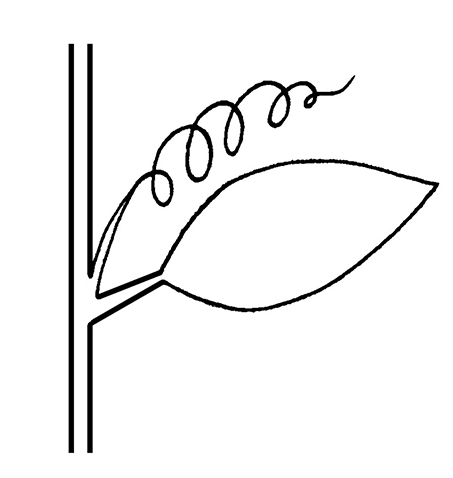 and emergentemergent:
and emergentemergent:
(adj) (syn. emersed) with parts raised out of the water; extending up out of the water
 attached stem plantstem plant:
attached stem plantstem plant:
(n) (a term used in the aquarium and pond plant trade) having an elongate stem (as opposed to a compact stem)
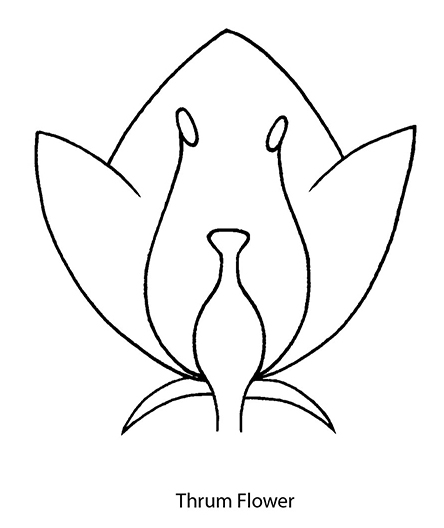
Perennial. Creeping rhizomerhizome:
(n) an underground stem, usually growing horizontally, from which both roots and shoots emerge directly; the thick, above-ground stem of ferns
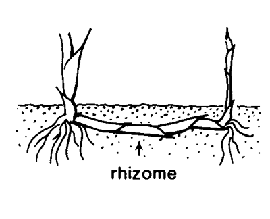 with erect leafy stems. Leaves equally spaced along stem in whorls of 8-15, sessilesessile:
with erect leafy stems. Leaves equally spaced along stem in whorls of 8-15, sessilesessile:
(adj) attached directly, without a stalk
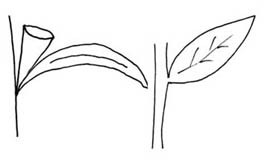 , obovateobovate:
, obovateobovate:
(adj) ovate, with the narrow end at the base
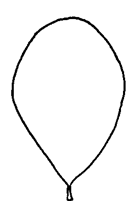 to linear, entireentire:
to linear, entireentire:
(adj) having a continuous margin that is not toothed or lobed
 . Flowers sessilesessile:
. Flowers sessilesessile:
(adj) attached directly, without a stalk
 or subsessile, axillaryaxillary:
or subsessile, axillaryaxillary:
(adj) in, of, or produced from an axil
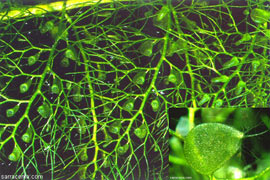 , either bisexualbisexual:
, either bisexualbisexual:
(adj) having both male and female sexual reproductive structures on one individual or in one flower
 , unisexualunisexual:
, unisexualunisexual:
(adj) (of a flower) with either stamens (male) or pistils (female) but not both; consisting of only male or female flowers
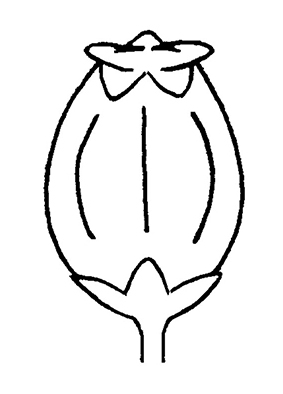 or sterilesterile:
or sterilesterile:
(adj) lacking male and/or female reproductive parts; not producing fruit, seed, pollen, spores, etc.
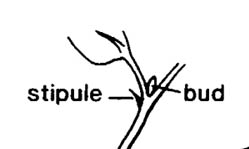 ; sepals and petals greatly reduced to rim above ovaryovary:
; sepals and petals greatly reduced to rim above ovaryovary:
(n) a hollow organ at the base of the carpel of a flower in which ovules are produced
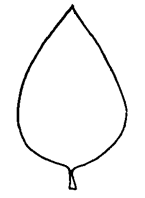 . Dispersal by seed in ‘nuts’ and stem fragments.
. Dispersal by seed in ‘nuts’ and stem fragments.
swamps, ponds, and lakes
Two species are known. Hippuris vulgaris is cultivated for ponds and is highly variable geographically. Previously placed in its own monotypicmonotypic:
(adj) represented by a single example (species)
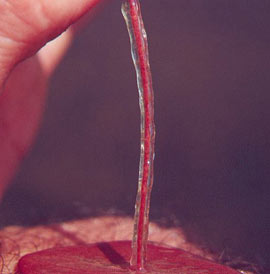 family, recent molecular studies have shown H. vulgaris is more accurately placed in Plantaginaceae.
family, recent molecular studies have shown H. vulgaris is more accurately placed in Plantaginaceae.